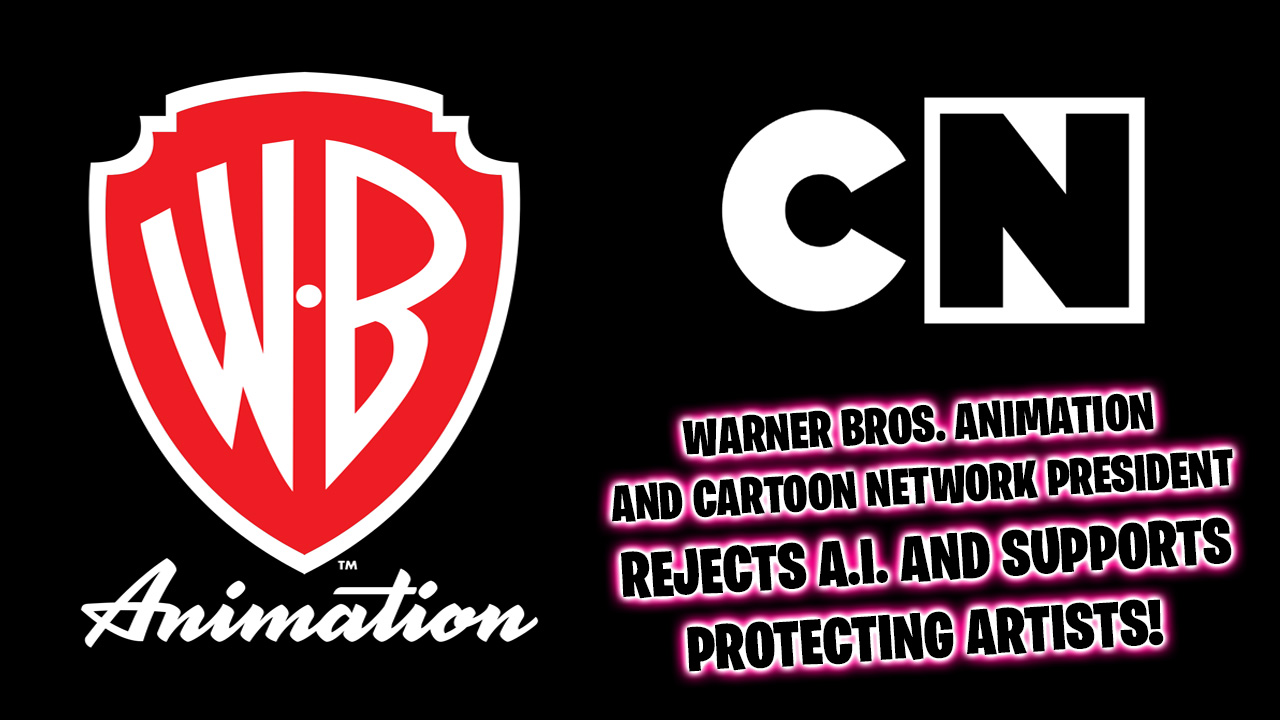Warner Bros. Animation president Sam Register confirmed his stance on protecting artists as long as possible against artificial intelligence (AI).
The integration of A.I. technology into the animation industry has sparked a significant debate. While some view it as a potential shortcut to expedite the final product, concerns have been raised about the origins of the technology, which has roots in the use of stolen artwork from other creators. A recent example is Midjourney, one of the high-profile entities in the AI-image generation business, which has been under fire for issues with infringement.
Fortunately, it seems artists and other creatives have the support of Warner Bros. Animation and Cartoon Network President Sam Register.
In a recent roundtable discussion set by the LA Times with studio executives, Register expressed his opposition to the use of artificial intelligence (A.I.) in their works, emphasizing the importance of protecting artists at the studio. The panel discussion, which included industry figures such as FredAnthony Smith (yes, that's how his first name is spelled), Roy Lee, Jonathan Glickman, Nicole Brown, and Chris Hart, delved into the broader topic of artificial intelligence's application to content creation.

